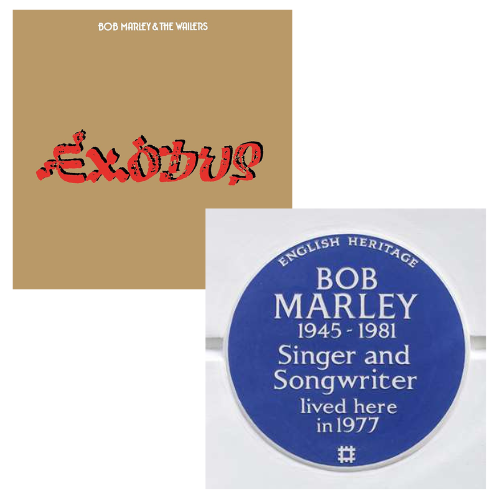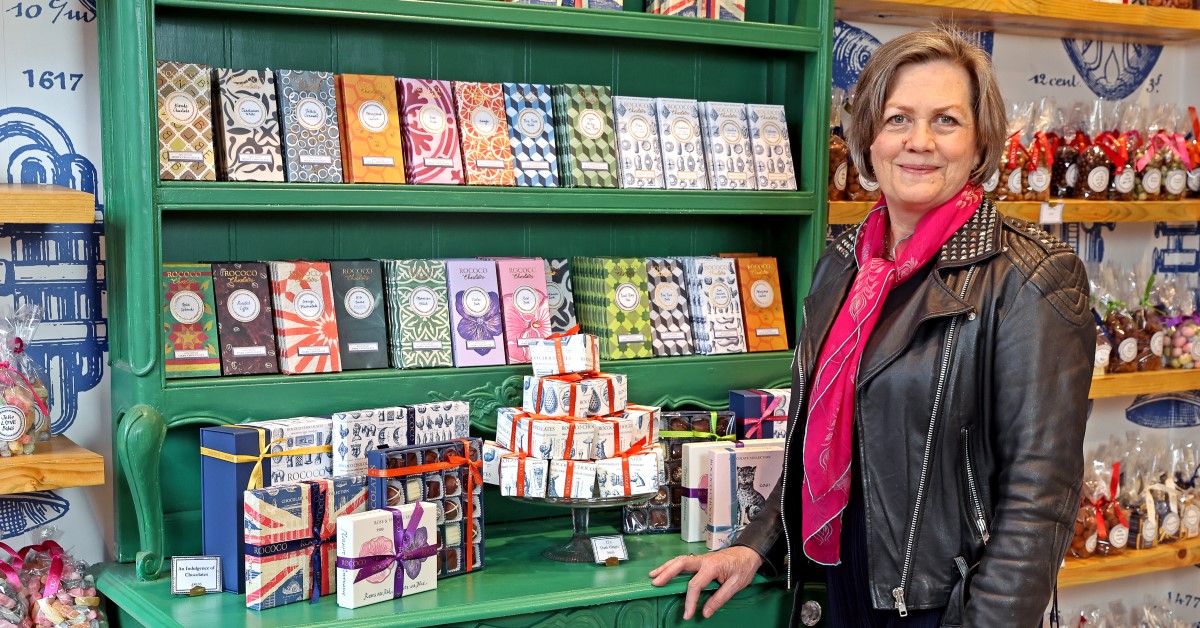With the release of a new biopic about Bob Marley, we remember his creative exodus in Chelsea
When did Bob Marley come to Chelsea?
Bob Marley fled Jamaica for London as a political refugee, after an assassination attempt in his own home. In 1977 he moved to Chelsea, where he lived with the Wailers in a four storey house at 42 Oakley Street – now commemorated with a blue plaque. While living in Chelsea, Marley was arrested for possession of cannabis and gave a fake address to the police – a fact which caused confusion for biographers and meant that it took longer to secure a blue plaque at Oakley Street.
Why was Chelsea so important to Marley’s career?
During his time in Chelsea, Bob Marley seems to have experienced a period of intense creativity and productivity. During his five months at Oakley Street he not only recorded the classic album Exodus – which included hits like Jamming, One Love and Three Little Birds – but he also wrote many songs for his next album, Kaya.
… and his personal life?
It was while living in Chelsea that Marley’s affair with Cindy Breakspeare, a Canadian-Jamaican jazz singer who’d been crowned Miss World in 1976, gained momentum. Together the pair would have a son, Damian Marley. It was also while living at Oakley Street that Marley was diagnosed with cancer of his right toe. He refused an amputation, citing his religious beliefs and his love of football, and would die four years later when the cancer spread.
Why Oakley Street?
Bob Marley chose a central Chelsea location primarily because of its proximity to Battersea Park. A committed football fan, Bob rose late every morning and crossed Albert Bridge to play football with his friends, including Reggae star Eddy Grant. After a busy day on the field, they’d head for the studio to record Exodus into the early hours.
Another benefit of a Chelsea base was the area’s links to the punk scene. Marley was close friends with British punk rock band The Clash, and was interested in points of fusion between punk and reggae – as reflected in the final song on Exodus, Punky Reggae Party.

What impact did Exodus have?
Exodus received universal critical acclaim, and Jamming, Waiting in Vain and Three Little Birds were major international hits. In 1999, Time Magazine named Exodus as the best album of the 20th century.
Where should I listen to Exodus?
Put in your headphones take a stroll up the King’s Road towards Oakley Street, or take a walk to the Battersea Park football pitches to honour Marley’s love of the beautiful game.








